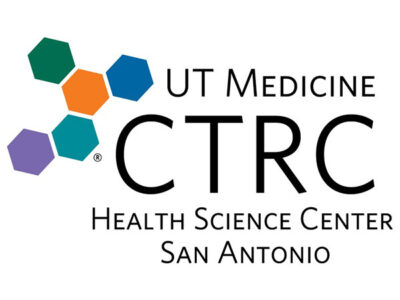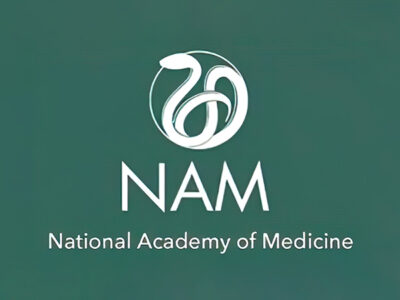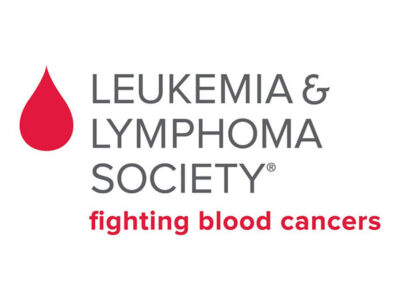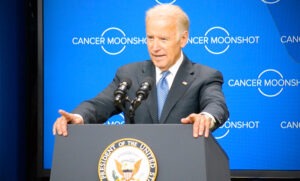MD Anderson Cancer Center lost $267.1 million on its operations in fiscal 2016. Now, a month into fiscal 2017, America's largest cancer center is on track to lose $400 million to $450 million.
The UT Health Science Center at San Antonio and MD Anderson Cancer Center announced an affiliation to create a cancer care program in San Antonio.
Eight public health and medical groups filed suit in federal court to force FDA to issue a final rule requiring graphic health warnings on cigarette packs and advertising.
Since 2008, 1,581 community oncology practices have closed, been acquired, merged, or are struggling to stay open, according to the 2016 Community Oncology Practice Impact Report.
HHS officials earlier this week announced that health insurance premiums under the Affordable Care Act plans will, on the average, increase by 25 percent next year.
The National Academy of Medicine announced today the election of 70 regular members and nine international members during its annual meeting.
After four decades of few improvements in the treatment for acute myeloid leukemia, the Leukemia and Lymphoma Society has launched a precision medicine trial to identify targeted treatments for patients with AML.
President Barack Obama accepted Vice President Joe Biden and the National Cancer Moonshot Task Force's reports—blueprints for how the federal government should focus on cancer research, oncology bioinformatics, and patient access and care over the next few years.
Vice President Joe Biden and the National Cancer Moonshot Task Force published their final reports Oct. 17, summarizing the moonshot's achievements, and outlining five strategic goals and action plans for the years to come.
GENENTECH, a member of the Roche Group, received a second Breakthrough Therapy Designation from FDA for its anaplastic lymphoma kinase inhibitor, Alecensa (alectinib). The latest BTD was granted for the treatment of adult patients with advanced ALK-positive non-small cell lung cancer who have not received prior treatment with an ALK inhibitor.














